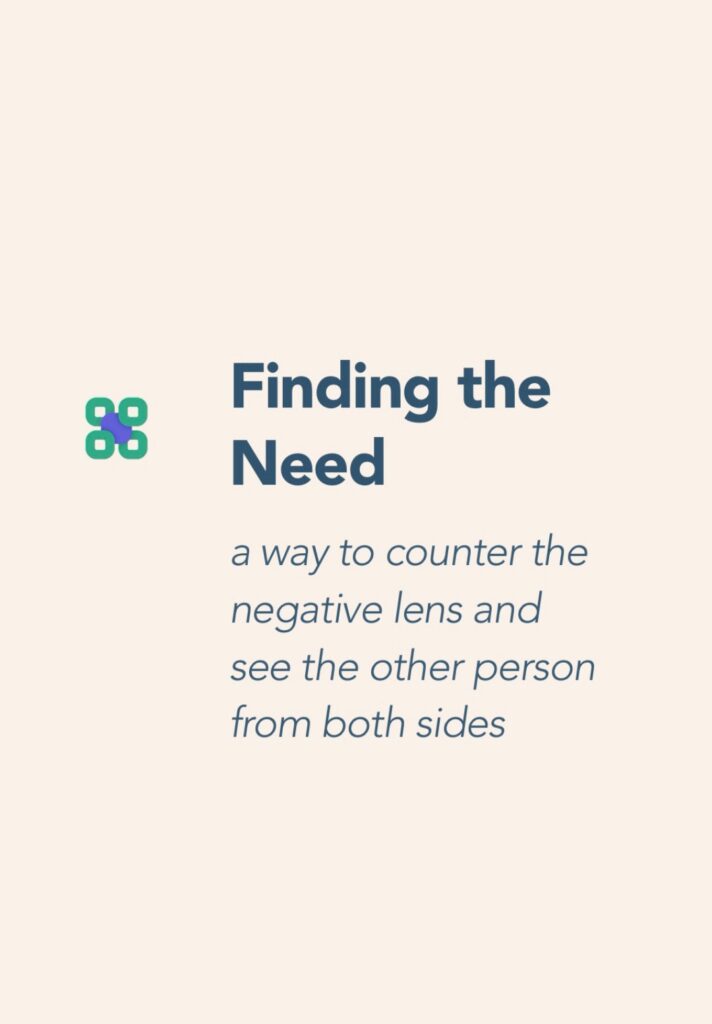How to be a Good Judge of Character

Are you a good judge of character?
Definitely.
I used to think that being a good judge of character was an inherent trait-something someone is born with. Later I thought good judge of character was an ability reserved for those who grew up around a cast of good characters—they could recognize patterns because they had so many people modeling qualities of good people.
Now I know that neither of those options are the case.
to be a good judge of character, you have to pay attention
I once thought I wasn’t good at making choices. I fumbled a lot as a kid, and I let those missteps be the building blocks of my self concept. It wasn’t until a few years ago that I was able to step back, take inventory, and see the proof in the pudding: I live a good life! Only so much of that can be chalked up to good luck.
We make good choices when we’re paying attention. Not when we’re doubting ourselves, impulsive, lacking information, or under stress and time constraints.
Unfortunately, we live in a time when information is flowing at us so rapidly that we’re unable to discern between fact and fiction. To pay attention, we have to set our distractions aside, prioritize committing to less responsibilities and be fully in the moment we’re in.
to be a good judge of character, you have to listen
That’s paying attention, right? Not quite. To be a good judge of character, you must
Listen to:
- What is said
- What is not said
- The context of what is said
- The need underlying the message: what does this person need that inspired them to share this?
- What has been said in the past: are there clues about now based on information they’ve shared about other relationships?
- How your body feels when you interact with or think of this person

Let’s break this down with an example.
A friend recently shared with me that her closest friend of six years is no longer returning her calls. It’s been months, and things aren’t the same.
What is said? Not much. Her old friend did call once in a state of upset and in need of consolation. Later in the conversation, she shared with him that she was confused by his lack of communication. He assured her that he had been busy as of late, no hard feelings.
What is not said? He did not say that he does not want to be friends anymore. He did not say that there is something wrong with her that would make him treat her this way. He did not say that she deserves to be ghosted by someone she’s platonically loved and leaned on for more than half of a decade.
What is the context? He recently moved, though not all that far away. They could make plans and easily meet up. Their friendship could no longer suit his lifestyle, which looks different and encompasses different priorities.
What is the need? Did she respond inappropriately to his call for consolation? He said he left the conversation feeling better. But perhaps she was too uplifting at a time when he expected someone to cry or be upset alongside him. Maybe he didn’t want messages of hope. Perhaps the need was shared fury and heartbreak.
He was already relatively quiet for months ahead of this. Could her other texts have contributed to this distance? Perhaps he’s overwhelmed with life and her lightheartedness was in such contrast to his day-to-day experience that it made him feel worse. Perhaps the need was to be in a similar life stage as his friend.
Perhaps he needs more time alone or with his family, and has no need for relationships outside of it. Perhaps he needs to feel no additional obligations outside of his demanding job, and attempting to maintain a friendship is sure to inflict guilt.
What has been said in the past? A year ago, when she was feeling guilty about a deep friendship that was clearly coming to a close, he told her: “He has other friends. He’s been hanging out with them, so you know that. If he wanted to continue your friendship, he would.” The foreshadowing of it all gives her a sinking feeling in her chest.
He shared with her, too, that once he had a close friend who went out of his way to tell him about their friends gossiping about him. Once he realized that it was mean spirited and pot stirring for the friend to share that with him, they never spoke again.
When her therapist told her something she disagreed with, he suggested she get a new one, stat.
Based on these anecdotes, something could have upset him and she would never know. Confrontation is an intimacy skill and a technique to resolve issues with people you want in your life, and he exhibited an unwillingness to use said skill when a friend did something he didn’t like in the past. She can learn from this: if a person shares that they have ghosted a friendship, it could happen to her, too.
How does her body feel? Just the thought of him brings tears to her eyes. The holidays have been fraught with heartbreak, full of reminders from years past. She’s devastated and saw him like a brother. But brothers don’t do this—ghosting is emotional abuse.

to be a good judge of character, trust yourself
A single family member, older than middle age, once told me she wasn’t going to bother finding a partner again. She said simply: “I’m a bad picker.” She believed she didn’t have a good enough judge of character to not repeat past mistakes.
People who have a habit of choosing relationships poorly have one characteristic in common: they don’t trust their own judgements of others. This isn’t their fault; the reason I alluded to this person’s age is because it’s relevant: she grew up in an era where boomer parents were notorious for invalidating feelings, with catch phrases such as “you’re fine,” “man up” and “I’ll give you something to cry about.”
How to trust yourself
Unlearning social conditioning is hard, but possible! Learning to trust yourself takes time, and starts with paying attention and making choices slowly as outlined above. It helps to notice the plus side of a perceived misstep as well: sometimes time reveals that a poor choice lent to positive results that otherwise wouldn’t have happened. With this considered, was it such a bad choice after all?
Learning to trust yourself comes through loving yourself. Loving is a verb, and to love the self it takes the same actions as loving another: giving grace, responding with love and patience, speaking with kindness, and doing special things just to show you care.
bad character vs incompatibility
I don’t believe in bad people. In Humankind, A Hopeful History by Rutger Bregman, the author makes the case that humans are wired for connection. In fact, studies show that toddler humans outperform toddler chimps in only one skill set: social skills. Collaboration is what literally separates us from our monkey ancestors.
Unfortunately, some people grow up believing that actions to be “good” are the same actions that another person perceives as being “bad.” While greed is a characteristic I do not align with, someone else’s family of origin taught them that resource hoarding was a necessary evil to successful and powerful—their version of “good.”
People are also flawed. Over a decade ago, I had a close friendship fall apart. It devastated me that she frequently canceled plans and I could never seem to rely on her when I needed her. I couldn’t keep getting my heart broken like that. When we reconciled years later, I let her know it wasn’t her fault. It’s not that being flakey is irredeemable and makes you unworthy. Rather, it’s that my baggage with abandonment was in direct conflict with her being unreliable. Both are flaws. Neither is worse, they’re incompatible. Despite the reconciliation, friendship still couldn’t work out. Incompatible.
To be a good judge of character, know thyself
What do you value? What kind of person are you, and what kind of person do you want to be? How do you treat others? What behaviors do you deem unacceptable?
You must know your own values in order to judge whether or not other people align well with them.

Yes. Rarely wrong.